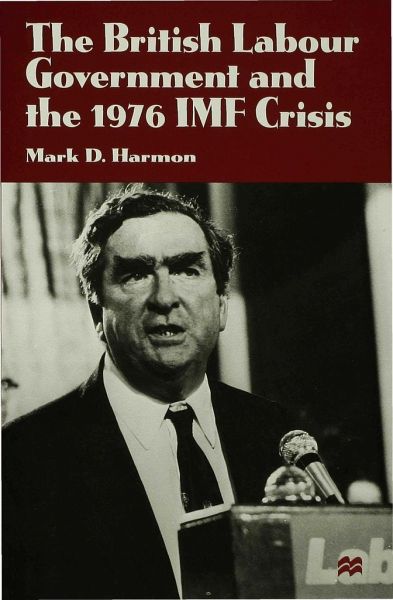
The British Labour Government and the 1976 IMF Crisis
Versandkostenfrei!
Versandfertig in 6-10 Tagen
76,99 €
inkl. MwSt.

PAYBACK Punkte
38 °P sammeln!
The British Labour Government and the 1976 IMF Crisis examines the external pressures vis-à -vis British economic policy that culminated in the 1976 UK-IMF crisis. The postwar development of IMF loan conditionality is reviewed as well as the growing incompatibility after 1974 between the Government's domestic political imperatives and Britain's external economic constraints that led to the crisis. More generally, the case study demonstrates the coercive and constraining nature of 'international cooperation' in contemporary international relations.














